Boost your immune system with this centuries-old health hack: Vaccines
There are a dizzying number of tips, hacks and recommendations on how to stay healthy, from dietary supplements to what color of clothes promotes optimal wellness. Some of these tips are helpful and based on good evidence, while others are not.
However, one of the easiest, most effective and safest ways to stay healthy is rarely mentioned: vaccination.
We are a preventive medicine physician and an immunologist who want people to live the healthiest lives possible. Among the many research-backed ways to live healthier, we encourage people to eat well, exercise regularly, get good sleep and care for their mental health.
And when it comes to your immune system, nothing can replace the essential role vaccines play in promoting whole health. The protection that vaccines provide is an irreplaceable part of living the healthiest lifestyle possible.
Vaccines are essential to health
Some healthy people think they don’t need a vaccine. But your immune system needs more than just a healthy lifestyle to protect your body when vaccine-preventable diseases come knocking on the door.
Imagine the cells of your immune system as athletes preparing for the Olympics. Just as athletes undergo rigorous and specialized training to meet every possible challenge they might face in their event, immune cells need to be primed and ready to fight off every pathogenic challenge you encounter.
Vaccines expose your immune cells to inactivated versions of a pathogen, providing them with practice sessions to recognize and combat the real threat with speed and precision. Vaccines ensure that your immune cells are at their peak performance when faced with the actual infection. Just as well-trained athletes can tackle their competition with skill and confidence, vaccinated immune cells can swiftly and effectively protect your body from diseases.
If a person is unvaccinated and exposed to a disease they haven’t encountered before, their immune cells are unprepared and must play catch-up to fight the pathogen. This leaves your body vulnerable to severe disease.
Without vaccination, even young, healthy people are vulnerable to diseases like the flu.
Even people at the pinnacle of health can unnecessarily suffer from vaccine-preventable diseases because their immune systems might not have been well-trained. Take the story of Austin Booth, a healthy and athletic 17-year-old who was not vaccinated for influenza. Just days after he started to feel ill, he died of the disease.
For healthy people, vaccination can reduce the risk of death from influenza by two-thirds. When people choose to skip vaccines recommended as an essential part of their overall health, there is a greater chance of serious complications or death from a vaccine-preventable disease, regardless of how healthy they may be. These people are playing a potentially life-altering and deadly game of chance.
Vaccine-preventable diseases are still common. In the U.S., hundreds of thousands of adults are hospitalized and thousands die every year from vaccine-preventable diseases such as influenza, pneumococcal pneumonia, respiratory syncytial virus (RSV) and COVID-19. And tens of thousands of adults develop cancer every year from vaccine-preventable diseases such as HPV.
Vaccines are the safest immune health hack
Many of the trendiest health hacks have little to no evidence of improving health. Some are even dangerous. But vaccines are one of the most tested and proven ways to stay healthy.
Vaccines have been used for centuries. In the past 50 years, they have saved an estimated 154 million lives worldwide. Mathematical models estimate that a 25-year-old now has a 35% greater chance of living to their next birthday thanks to vaccines alone.
Vaccines are a tried and true way to improve your health. CDC/Robin Spratling
Not only are vaccines effective, but they are also safe. Yes, vaccines can come with mild and limited side effects – who hasn’t felt a little sluggish or bumped their sore arm after getting vaccinated? More severe vaccine side effects are extremely rare. If you have concerns, talk to your doctor. As opposed to dietary supplements, trendy health hacks and even many over-the-counter medications, there are robust systems in place to test and monitor the safety and effectiveness of vaccines.
Of all the tips available to improve your health, one recommendation is clear: Even healthy, fit people need recommended vaccines to stay healthy and live well.![]()
Aimee Pugh Bernard, Assistant Professor of Immunology and Microbiology, University of Colorado Anschutz Medical Campus and David Higgins, Research fellow, Instructor of Pediatrics, University of Colorado Anschutz Medical Campus
This article is republished from The Conversation under a Creative Commons license. Read the original article.




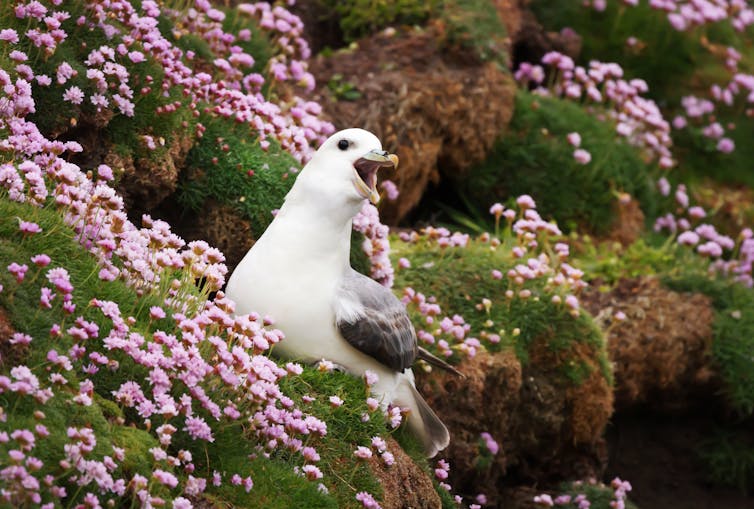
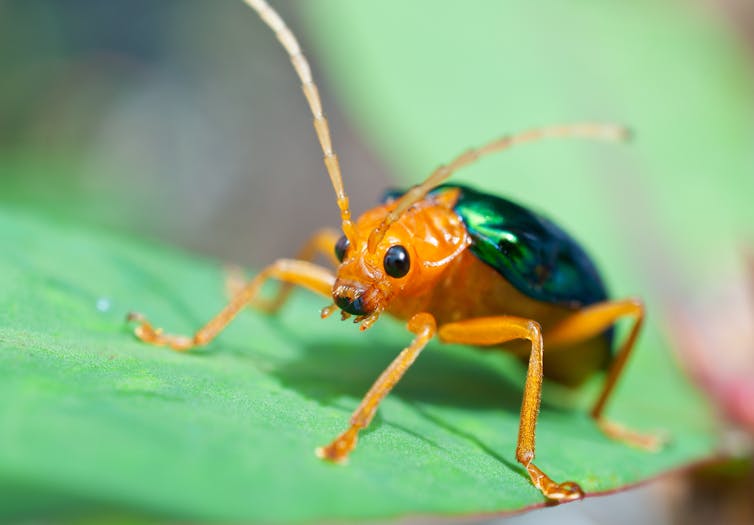

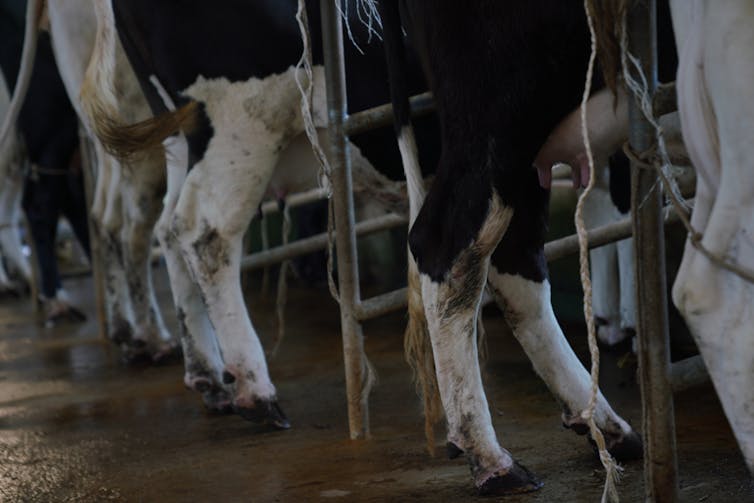
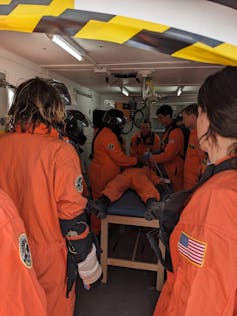
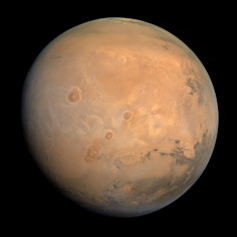


![A diagram showing a complex molecule, labelled 'Ultraminimal H2-producing [FeFe]-hydrogenases'.](https://images.theconversation.com/files/601109/original/file-20240617-17-xoiij1.png?ixlib=rb-4.1.0&q=45&auto=format&w=754&fit=clip)